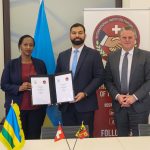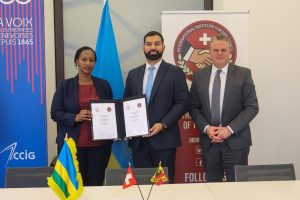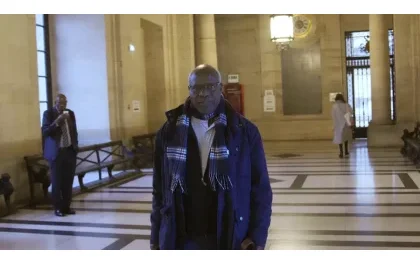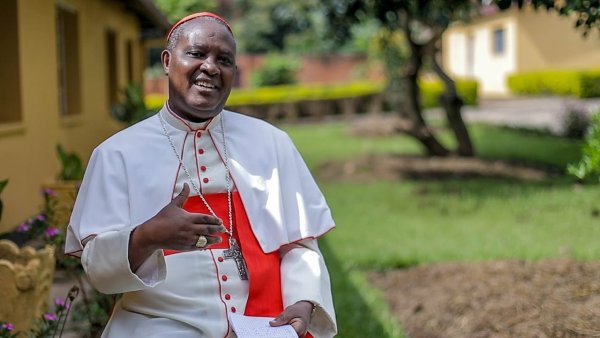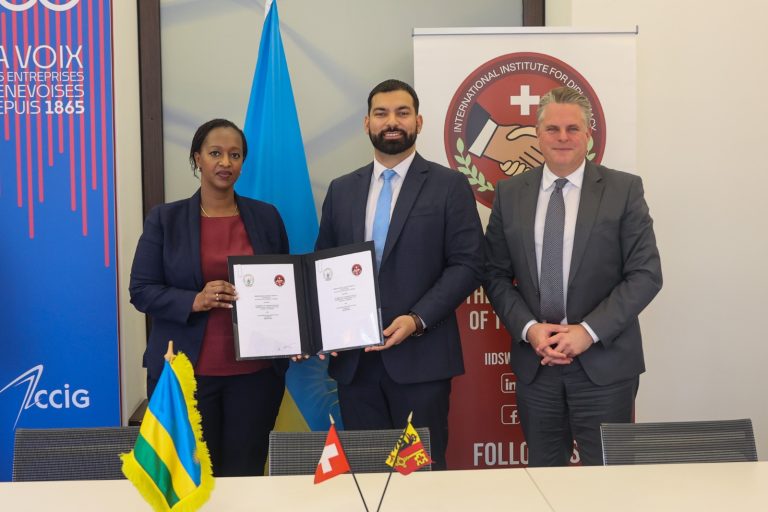The Appeals Chamber of the Paris Criminal Court on October 23, 2025 upheld the conviction of Dr. Sosthène Munyemana for genocide and participation in a conspiracy to commit genocide, specifically for crimes committed in the former Butare Prefecture between April and June 1994 during the Genocide against the Tutsi.
In reaching this decision, the court examined testimony from survivors, expert evidence and statements provided by the accused himself, assessing both the broader context of the genocide in Rwanda and Dr. Munyemana’s individual actions.
A Coordinated Plan to Exterminate the Tutsi
Witnesses agreed that following the shooting down of President Juvénal Habyarimana’s plane on April 6, 1994, senior government and security officials immediately began executing a nationwide plan to eliminate the Tutsi population.
Initially, Butare remained relatively calm due to efforts by its Prefect, Jean Baptiste Habyarimana, to prevent violence. After he was dismissed on April 17, 1994, Interim President Théodore Sindikubwabo urged residents to “get to work,” a coded instruction to begin killing Tutsi.
Following the speech, Tutsi were hunted down through night patrols and roadblocks, driven into churches and administrative offices under the guise of safety, only to be massacred and dumped in mass graves. The court concluded that these atrocities were organized at the national level.
The Role of Dr. Munyemana
A gynecologist at Butare University Hospital and lecturer at the former National University of Rwanda, Dr. Munyemana was also a prominent figure in the MDR political party and vice-chair of its intellectual wing (Cercle des Intellectuels). He had close links with influential officials including Jean Kambanda, the Interim Prime Minister.
The court found that his social status and political influence granted him significant authority within the Butare community.
On April 16, 1994, Dr. Munyemana was among those who signed a declaration supporting the Interim Government at a time when the genocide was in full execution. The court determined that he was fully aware of the killings and endorsed their continuation.
Night Patrols, Roadblocks and Arbitrary Detention
On April 17, 1994, he attended a meeting at Tumba Sector offices where decisions were made to establish patrols and roadblocks. He was appointed to the security committee responsible for implementing these measures.
From April 21 onward, patrols and roadblocks were used to identify and seize Tutsi who were subsequently killed.
The court established that Dr. Munyemana received keys to the Tumba Sector offices and kept them from April 23 to May 19, 1994. During this period, many Tutsi were unlawfully detained there and later taken away to be executed.
He prevented victims from escaping and facilitated their capture by militias. Testimony indicated that only one survivor emerged from those detained at the site.
Defense Arguments Rejected
Dr. Munyemana denied any knowledge of an extermination plan. The court rejected this claim, noting that he monitored national events, saw Tutsi fleeing and maintained close contact with those orchestrating the genocide.
His argument that confinement was intended to protect the detainees was dismissed, as keeping them in a small building without food, water or security in wartime conditions demonstrated malicious intent.
He also claimed ignorance of the victims’ fate, yet never attempted to trace those removed despite knowing they disappeared.
Finally, portraying himself as a purely medical professional uninvolved in politics was contradicted by credible evidence of his political engagement and decision making.
Final Verdict
The court confirmed that:
Dr. Munyemana directly contributed to the killing of Tutsi detainees at Tumba
He actively supported and participated in the genocidal plan
He abused his power to deprive Tutsi of their freedom through patrol and roadblock systems designed to lead to their deaths
He was therefore sentenced to 24 years in prison, consistent with the penalty imposed by the trial court in December 2023.
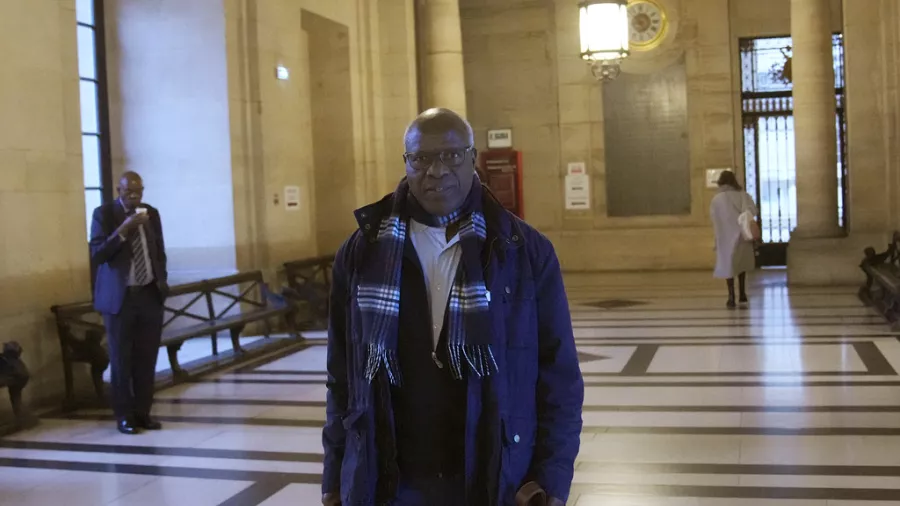
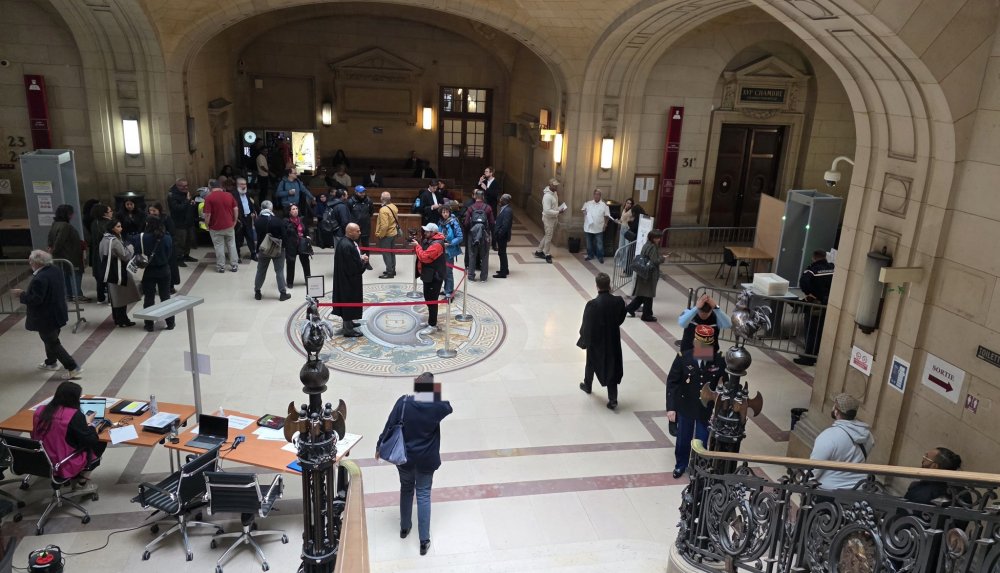
Author: Justinmind HARERIMANA

